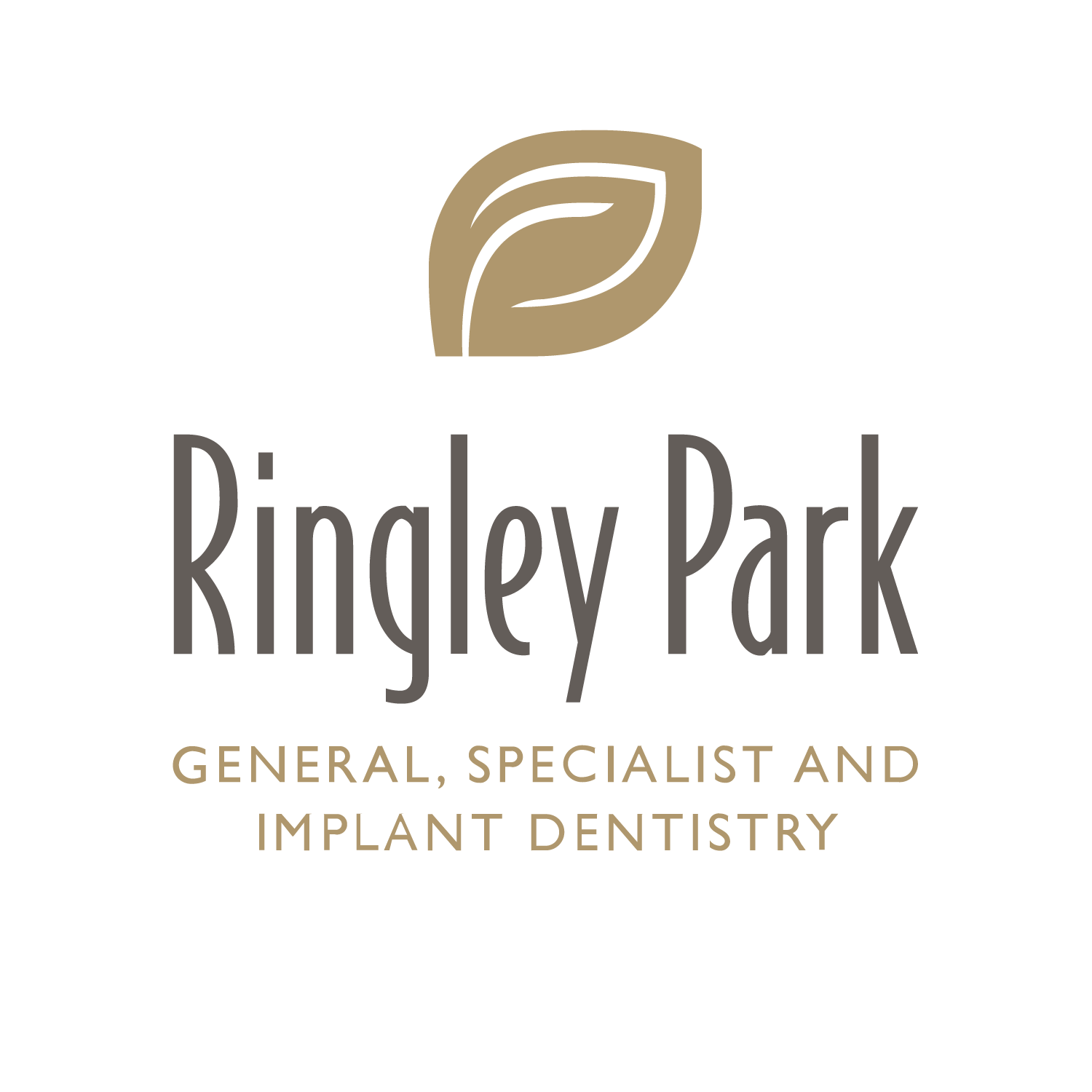It’s both interesting and sad to hear the findings of the latest oral health report from the World Health Organisation (WHO). On a global level, it revealed that largely preventable oral health diseases such as tooth decay affect nearly 3.5 billion people, making it the world’s most common health condition.
We already know that tooth decay is a major health concern in the UK too, impacting children and adults. Left untreated, dental issues can have consequences, causing pain and discomfort, right through to far more serious medical complications. But the key word here is ‘preventable’. Most of these issues can be avoided, and here we look at the ways we can take inspiration from this research to better look after our oral health.
Prevention is better than cure
The WHO report indicates that oral diseases are caused by a range of risk factors, and many of these can be controlled. Eating too much sugar, tobacco use, alcohol and poor hygiene are all major risks to our oral health.
Although the report is on a global scale, we can look at our lifestyle choices closer to home and prioritise our oral health. We know that the factors listed above impact the health of our teeth and gums, so what steps can we take to avoid these risks?
What can we do?
Sometimes getting a clear view of what’s healthy is harder than you’d think. Most of us will have heard about the dangers of hidden sugars, an issue highlighted in baby food recently, but this can extend to pre-packaged food across the board. Let’s take a closer look at the controllable risk factors highlighted in the WHO report and how to manage them:
- Diet – it’s recommended to eat a balanced diet, which means that it’s low in free sugars, contains plenty of vegetables and fruit, and water as the ‘main drink’. Taking a close look at food labels will enable you to make choices over foods while shopping too, with handy food label advice available.
- Tobacco – smoking and chewing tobacco continue to be linked to oral health diseases from tooth decay to mouth cancer. Finding support to quit smoking will enable you to safeguard your long-term health.
- Alcohol – alcoholic drinks can be acidic, leading to enamel erosion, sensitivity, and pain. Also, some drinks like alcopops are high in sugar too, so by reducing alcohol intake you minimise the attacks put on our teeth and gums.
- Brushing – it’s recommended that we use fluoride-containing toothpaste (1000 to 1500 ppm) twice a day, brushing for around 2 minutes each time. This prevents tooth decay and freshens our breath. It’s worth noting that a similar fluoride count is recommended for children, so check your child’s toothpaste is 1000 ppm or over.
- Protect against injury – facial injuries are also a risk factor for our oral health. Wearing protective equipment while doing sports or using bicycles and motorcycles is advised to reduce the risk.
The role of your dentist
Many of these preventative measures can be carried out by us, at home. It comes down to increasing our awareness and taking a little time to look at our dietary and lifestyle choices and brush our teeth effectively.
Your dentist and hygienist also have an important role to play here though. It’s recommended that people have regular dental check-ups and hygiene appointments. These are opportunities for your dentist to detect any oral health issues early and offer preventative care that you can’t do on your own. This action is as simple as making sure you and your family are up to date with your routine dental appointments.

